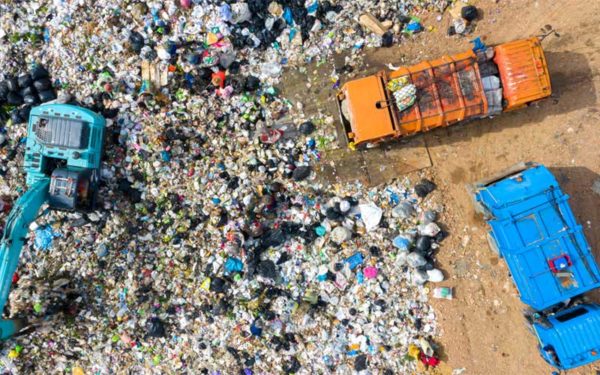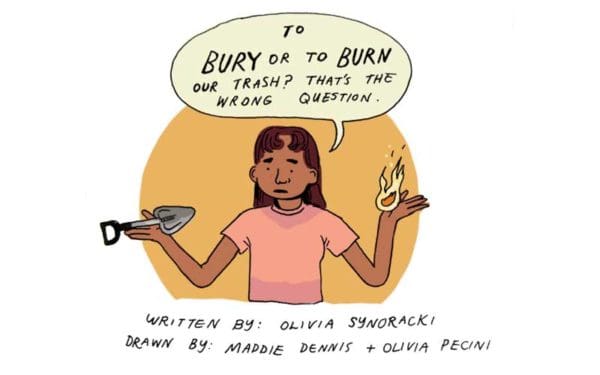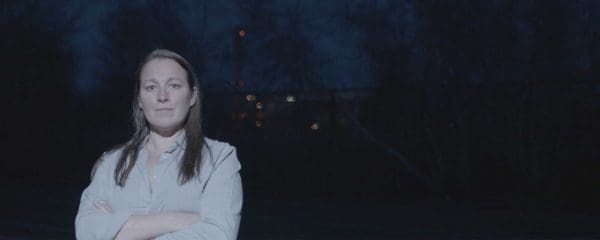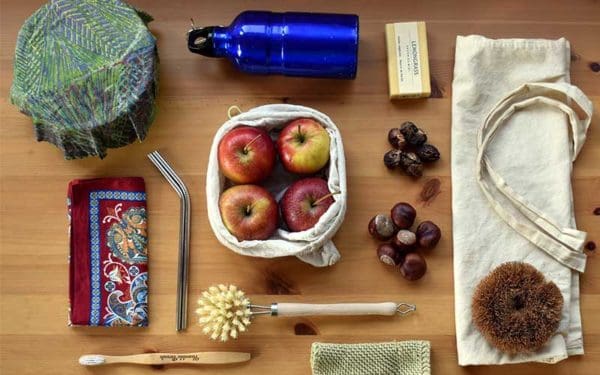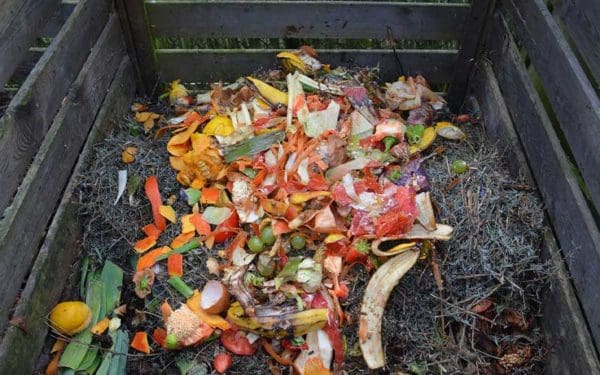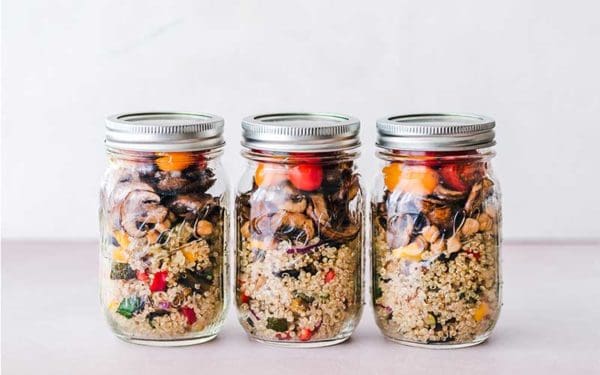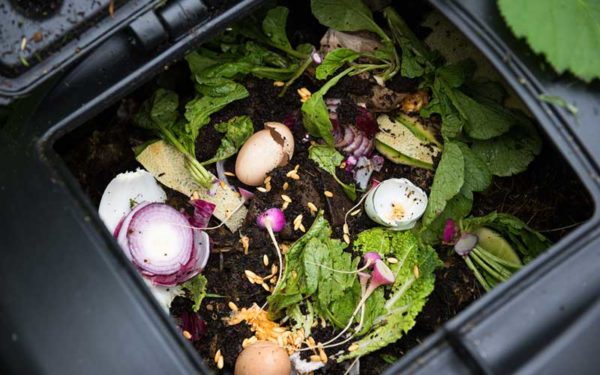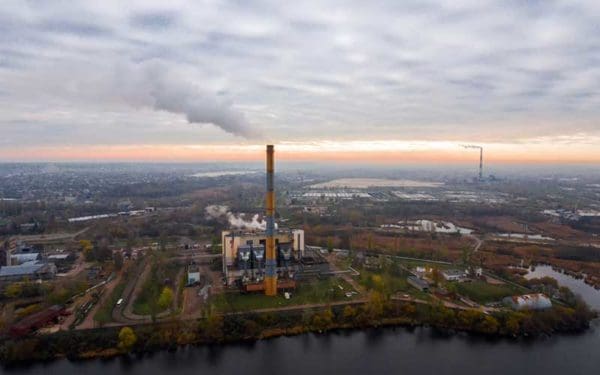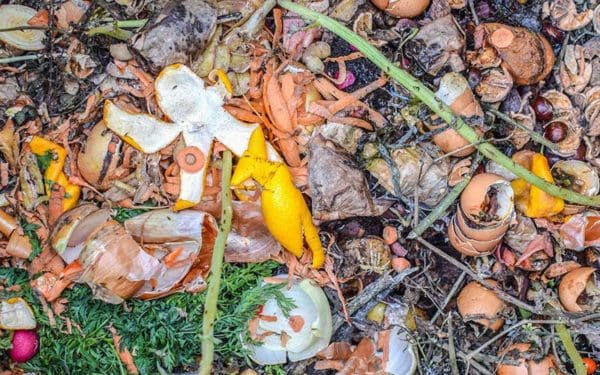Sep 10, 2020
Burning and burying our trash leads to carbon pollution. We need to phase out these old, polluting incinerators and landfills and replace them with zero-waste alternatives. By doing so, we can help lower climate-damaging emissions and protect our communities and the environment.
Sep 08, 2020
We don’t have good systems for dealing with our waste other than throwing a mix of toxic junk into our garbage cans. But we could. The truth is, it’s not a question of whether we should bury or burn our waste. What we should be asking is this: how do we produce less trash?
Sep 07, 2020
Jackie Mercurio is carrying on her mother’s fight against a toxic waste incinerator.
Sep 02, 2020
Making any life change takes time, and the same goes for slashing your trash – including what goes in your recycling bin. That’s why we’ve put together this list of tips to help you get started.
Sep 01, 2020
Food and yard waste hurt our economy and environment. But home composting can help! Get your backyard compost started using these handy guidelines.
Aug 31, 2020
One of the best ways to slash your trash is to reuse or repurpose what you already have, rather than buying something new. Check out this infographic and see how you can give these five items new life.
Aug 28, 2020
For too long we’ve relied on outdated and polluting systems to deal with our trash. What we need are new, sustainable systems that aim to reduce the trash in our lives, while protecting our people and our planet. And we can make that happen right now.
Aug 20, 2020
Communities across New England deal with the crude repercussions of local incinerators every day. As long we allow these facilities to operate, they will continue to poison our planet and our people.
Aug 06, 2020
Rescuing and diverting more of Rhode Island’s food waste could help cut climate-damaging emissions while urgently addressing food insecurity within the state.
Jul 29, 2020
“At the time, we understood this was a measure to protect public health. But as more information came out, it’s now clear that reusable bags are not a cause for concern, from a public health perspective.”
